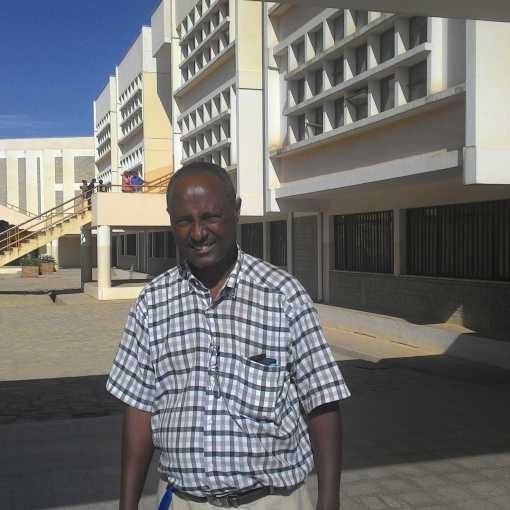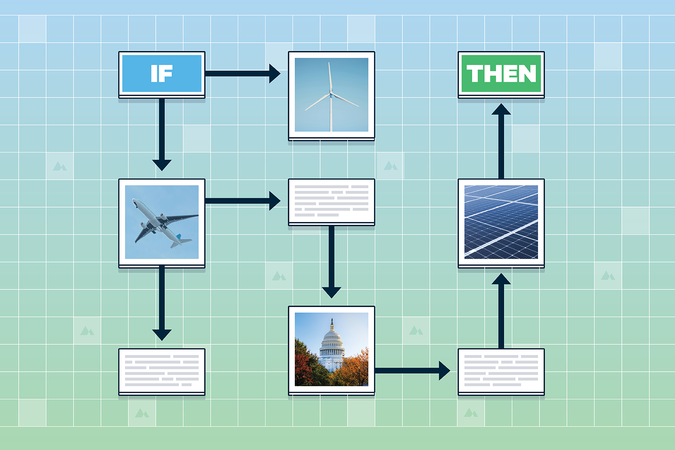Experience and Learning with Improved Technologies: Evidence from Improved Biomass Cookstoves in Ethiopia
RFF Senior Fellow Mike Toman contributed to this journal article investigating the role of experience and learning in uptake of electric cookstoves in Ethiopia.
Abstract
This paper provides field experiment-based evidence that user experience and learning can increase the attractiveness of an important new cooking technology promoted in Ethiopia. Slow cooking is a potentially significant stumbling block in promoting new lower-emission, fuelwood-conserving cookstoves. We ran a randomized experiment that made these improved stoves available to potential users and conducted three rounds of controlled cooking tests over a one year period, with each respondent cooking on both traditional and improved stoves on the same day. We combined our CCT results with electronic stove use monitoring data to derive inferences related to learning. Although times to cook standardized batches of injera, the Ethiopian staple, are initially on average 25% longer using the new stove, we document that with experience households reduced cook times by 18% over the first 5 to 6 months of adoption, with a further 7% reduction in the next 6 months, leading to negligible differences in cook times within a year of adoption. Those who regularly used the stoves saw greater cooking time savings, suggesting learning-by-doing was important. Fuelwood savings associated with the stove do not appear to be driven by experience or learning.
Authors

Randall Bluffstone
Portland State University

Abebe D. Beyene
Environmental and Climate Research Center

Zenebe Gebreegziabher
Environmental and Climate Research Center

Peter Martinsson
University of Gothenburg

Alemu Mekonnen
Environmental and Climate Research Center




